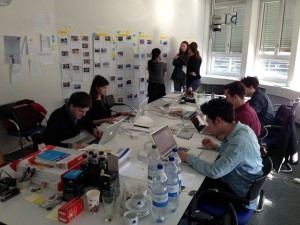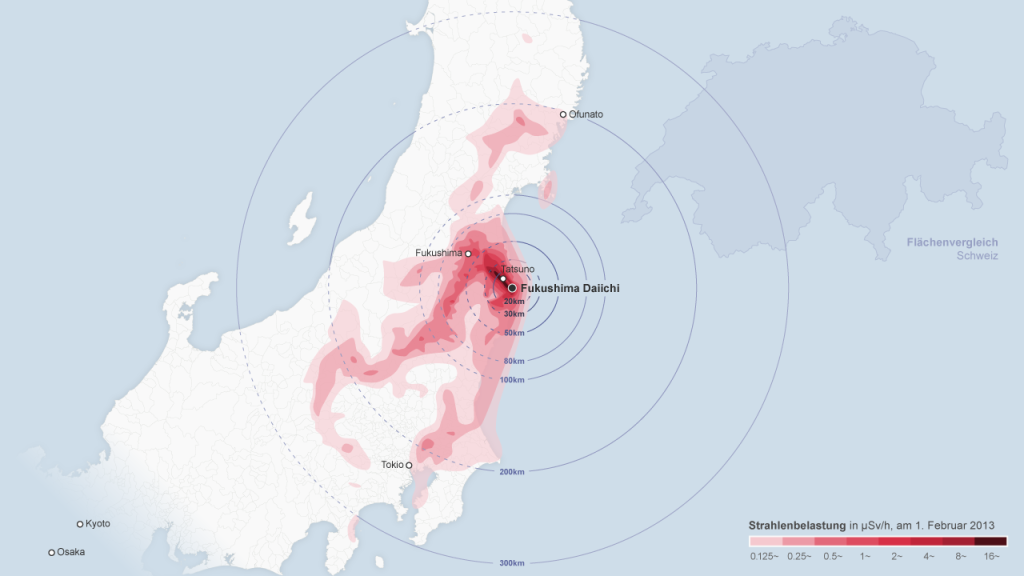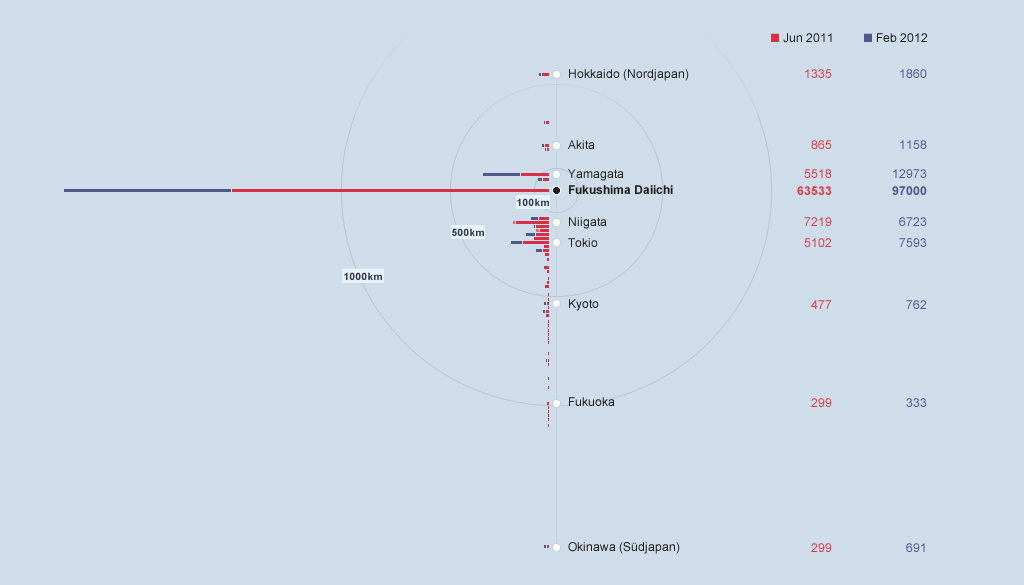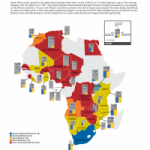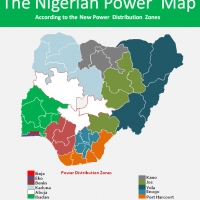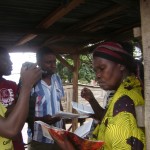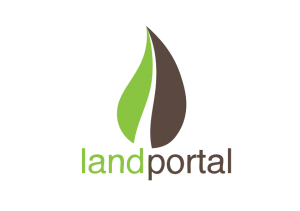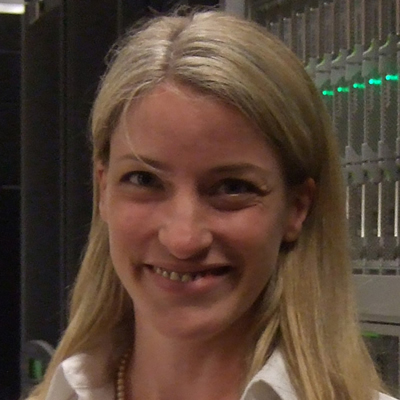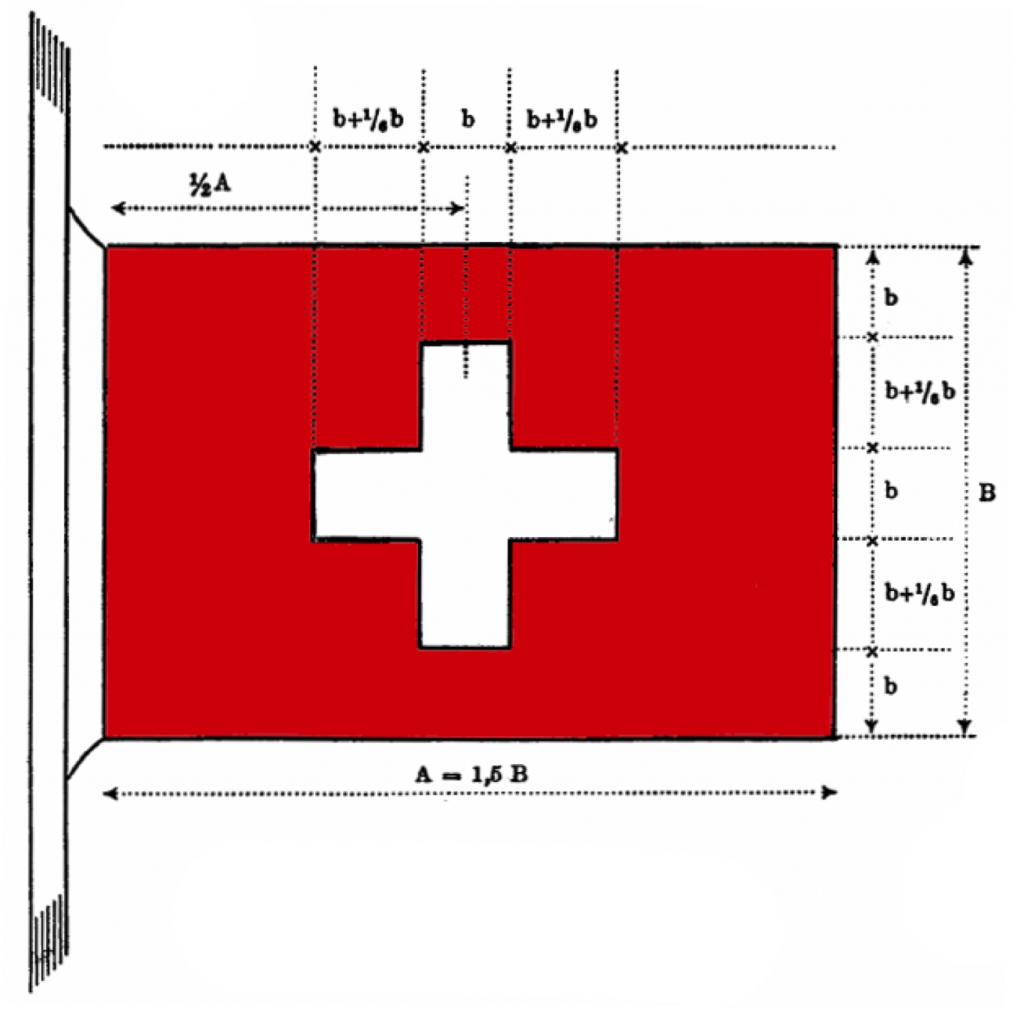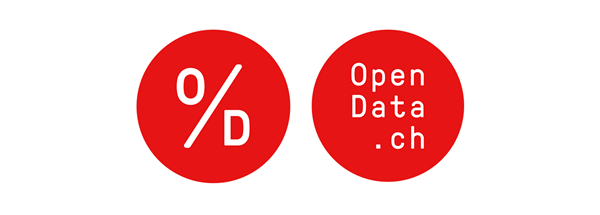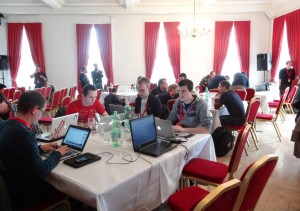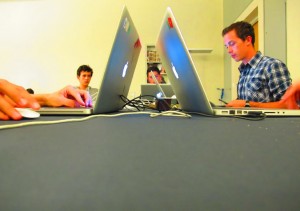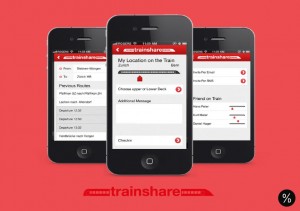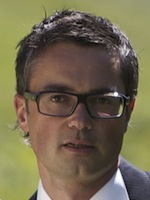The fourth in our series of guest posts by OKCon 2013 speakers is by Duncan Edwards and originally appeared on the Impact and Learning blog. Duncan Edwards will be coordinating the Open Development and Sustainability session “The role of Open Knowledge and Data in supporting decision making in International Development” on Wednesday 18 September.
I talk to a lot of friends and colleagues who work in research, knowledge intermediary, and development organisations about some of the open data work I’ve been doing in relation research communications. Their usual response is “so it’s about technology?” or “open data is about governance and transparency, right?”. Well no, it’s not just about technology and it’s broader than governance and transparency.
I believe that there is real potential for open data approaches in increasing the impact of research knowledge for poverty reduction and social justice. In this post I outline how I see Open Data fitting within a theory of change of how research knowledge can influence development.
Every year thousands of datasets, reports and articles are generated about development issues. Yet much of this knowledge is kept in ‘information silos’ and remains unreachable and underused by broader development actors. Material is either not available or difficult to find online. There can be upfront fees, concerns regarding intellectual property rights, fears that institutions/practitioners don’t have the knowhow, means or time to share, or political issues within an organisation that can mean this material is not used.
What is “Open data”? What is “Linked Open Data”?
The Open Knowledge Foundation says “a piece of content or data is open if anyone is free to use, reuse, and redistribute it — subject only, at most, to the requirement to attribute and/or share-alike.”
The Wikipedia entry for Linked Data describes it as “a method of publishing structured data so that it can be interlinked and become more useful. It builds upon standard Web technologies such as HTTP and URIs, but rather than using them to serve web pages for human readers, it extends them to share information in a way that can be read automatically by computers. This enables data from different sources to be connected and queried…. the idea is very old and is closely related to concepts including database network models, citations between scholarly articles, and controlled headings in library catalogs.”
So Linked Open Data can be described as Open Data which is published in a way that can be interlinked with other datasets. Think about two data sets with country categorisation – if you publish these as linked data, you can then make the link between related content between different datasets for any given country.
For more definitions and discussion on data see Tim Davies post “Untangling the data debate: definitions and implications”.
Why should Open Data be of interest to research producers?
The way in which the Internet and technology has evolved means that instead of simply producing a website from which people can consume your content, you can open up your content so that others can make use of, and link it in new and exciting ways.
There are many theories of change which look to articulate how research evidence can affect development policy and practice. The Knowledge Services department at the Institute of Development Studies (IDS) works with a theory of change which views access to, and demand for, research knowledge, along with the capacity to engage effectively with it, as critical elements to research evidence uptake and use in relation to decision-making within development. Open Data has significant potential in relation to the ‘access to’ element of this theory of change.
Contextualisation and new spaces
When we think about access to research knowledge – we should go beyond simply having access to a research document. Instead we must look at whether research knowledge is available in a suitable format and language, and whether it has been contextualised in a way which makes sense to an audience within a given environment.
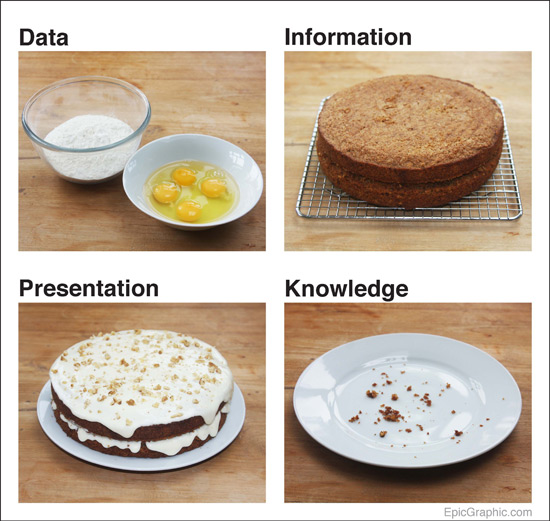
I like to use a Data cake metaphor developed by Mark Johnstone to illustrate this – if we consider research outputs to be the data/ingredients for the cake, then we organise, summarise and catalogue this (i.e. add meta-data) to ‘bake’ into our information cake. We then present this information in a way in which we feel is most useful and “palatable” to our intended audiences with the intention they will consume it and be able to make use of new knowledge. It’s in this area that Open Data approaches can really increase the potential uptake of research – if you make your information/ content open it creates the possibility that other intermediaries can easily make use of this content to contextualise and present it to their own users in a way that is more likely to be consumed.
Essentially by opening up datasets of research materials you can reduce duplication, allow people to reuse, repurpose, remix this content in many more spaces thereby increasing the potential for research findings to be taken up and influencing change in the world.
While I see significant benefits in researchers making their outputs available and accessible in an open manner we must redress the dominance of knowledge generated in the global North. We need to continue to invest in the strengthening of intermediaries at local, national, and international levels to make use of research material and Open Data to influence positive change.
NOTE: an admission on Open Access – The original article this post is based on, “Davies, T. and Edwards, D. (2012) ‘Emerging Implications of Open and Linked Data for Knowledge Sharing in Development’, IDS Bulletin 43 (5) 117-127” was published in the IDS Bulletin: “New Roles for Communication in Development?”. Ironically, considering it’s subject matter, is only partially open access (two free articles per issue). But you can access this article as green open access in Open Docs – http://opendocs.ids.ac.uk/opendocs/handle/123456789/2247
Duncan Edwards is ICT Innovations Manager in the Knowledge Services team at the Institute of Development Studies (IDS). He has over 12 years experience working in the field of information systems to support the use of research knowledge within the development sector. He leads the development of the IDS Knowledge Services Application Programming Interface (API) which opens up the Eldis and Bridge datasets as Open Data, and works with partner organisations to make use of these, and other, datasets. This can involve technical capacity building but equally involves helping organisations work through their Theory of Change and how data might play a role in this change. He has particular interests in Open Data, Open Access, Open Government, Open Knowledge, participation, ICTs, innovation, and the role Openness can play in the construction and use of knowledge for positive social change. You can follow him on Twitter: @duncan_ids
